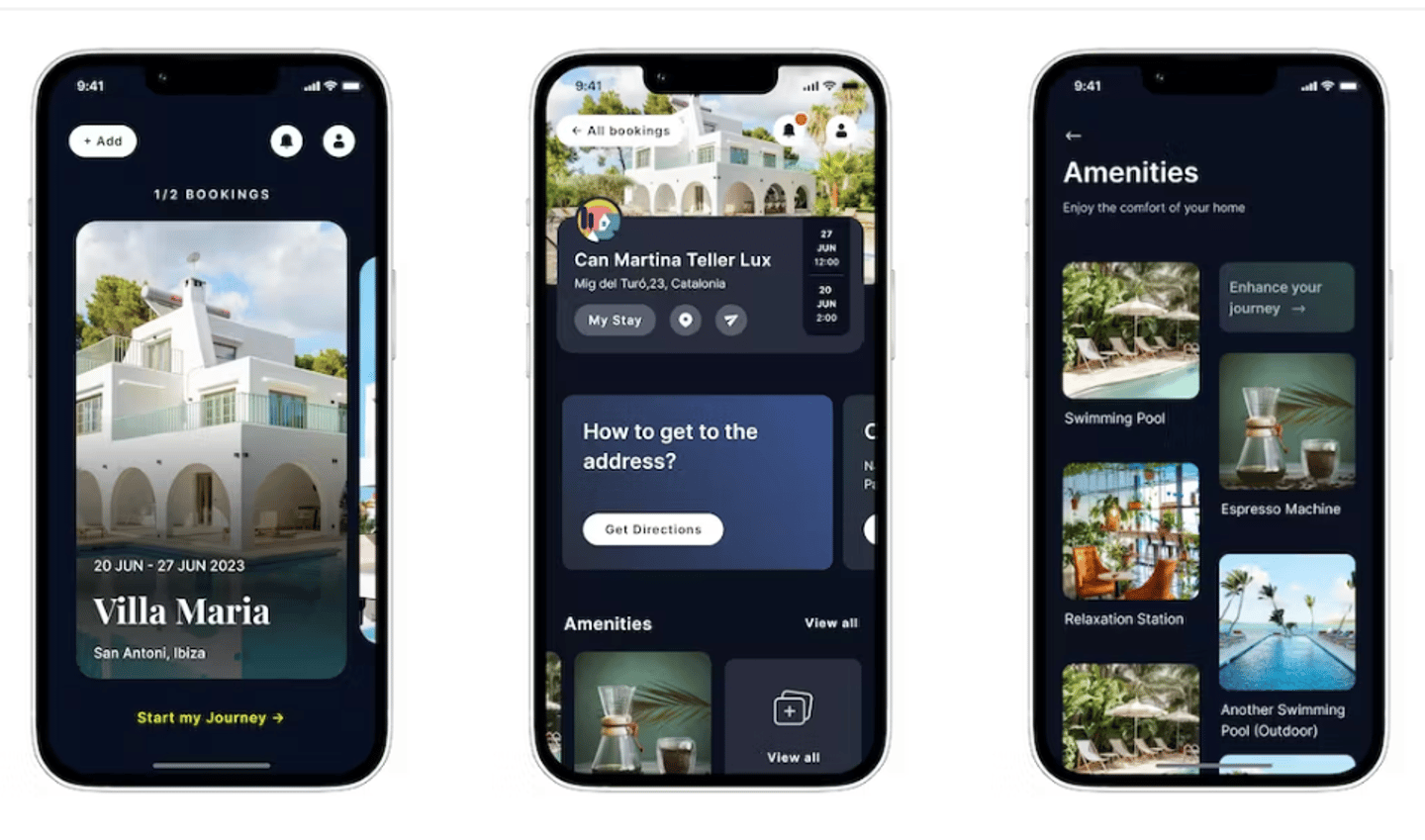The Total Cost of Ownership in Guest App Software: Navigating Between On-Premise, SaaS and Agency-Built Solutions
In the bustling hospitality realm, leveraging technology to elevate guest experiences is no longer a luxury but a requisite. A central character in this narrative is Guest App Software, which has metamorphosed the guest journey into a more personalized, engaging, and satisfying experience. However, transitioning into the digital domain comes with its financial considerations. The Software as a Service (SaaS) model is proving to be a catalyst in making this transition economical and beneficial for hospitality businesses.
Understanding Total Cost of Ownership (TCO) in Guest App Software
TCO is not a mere upfront cost but a comprehensive assessment encompassing acquisition, implementation, operation, and unexpected expenditures entailed in software utilization. For Guest App Software, these may include licensing fees, training, maintenance, and potential integration or scalability challenges. A thorough analysis of TCO is imperative to ensure that the investment augments the guest experience without draining resources.
The Prevailing Model: On-Premise Solutions
Traditionally, the hospitality industry has leaned towards on-premise solutions. However, the long-term financial burden and operational rigidity associated with on-premise software often serve as deterrents to achieving optimal guest satisfaction. These challenges include hefty initial investments, high operating costs, and a cumbersome process for upgrades and scalability, which may stifle the technological agility of hospitality businesses.
The Agency Model: Tailored Solutions
To create a unique guest experience, many hospitality businesses opt for agency-built solutions. Engaging a development agency to create a customized guest app can provide a tailored solution that perfectly fits a hospitality business's unique needs and branding. This route allows for a high degree of customization, potentially setting your service apart in a crowded market. However, it also comes with its set of challenges.
The initial development costs can be significant, depending on the app's complexity and the agency's rates. Besides, unless a maintenance agreement is in place, each update or modification post-deployment can incur additional costs. The ownership and hosting of the developed app could also vary based on the agreement with the agency, which might affect data control and security. Moreover, the time from concept to deployment can be lengthy, delaying realizing the app's benefits.
While this route provides a unique solution, the total cost of ownership can be high regarding financial expenditure, time, and resources required to manage the project. It's imperative to have a clear contract and understanding with the agency regarding the scope of work, ongoing maintenance, and ownership to ensure a smooth process and avoid unexpected costs. This model necessitates a thorough analysis to ascertain whether it aligns with the hospitality business's long-term tech strategy and budgetary provisions.
The SaaS Model: A Cost-effective Alternative
The SaaS model can significantly mitigate the TCO. The reduced upfront costs, lower maintenance, operational expenditures, and seamless upgrades and scalability present SaaS as a compelling alternative. Moreover, the pay-as-you-go model typical of SaaS solutions facilitates better financial planning and resource allocation, allowing hospitality businesses to remain agile and competitive.
SaaS's hesitancy or slow adoption in hospitality has led to missed opportunities. With SaaS, establishments can accelerate innovation, enhance guest experiences through data analytics, and streamline operations. Moreover, SaaS solutions often come with robust analytics and reporting tools, which enable a more profound understanding of consumer preferences, setting the foundation for personalized guest interactions and services.
Common concerns surrounding data security, integration, and the perceived lack of control may hinder SaaS adoption. However, hospitality businesses can seamlessly transition to SaaS solutions by selecting reputable vendors, ensuring robust data protection measures, and fostering a culture of digital transformation. A phased approach, starting with less critical operations, can also help gradually acclimate to the new system.
Realizing The Full Potential of SaaS
The Total Cost of Ownership over 3-5 years is lower for SaaS solutions due to reduced upfront costs, minimal maintenance costs, and the inclusion of upgrades in the subscription fees. On-premise and agency-developed solutions, while offering more control and customization, often come with a higher total cost of ownership due to hefty initial investments and recurring operational and upgrade costs.
It's an opportune moment for CIOs and CTOs to reevaluate the TCO of their existing or soon-to-be Guest App Software and explore the burgeoning realm of SaaS solutions. The financial prudence and competitive edge offered by SaaS are substantial and ready to be seized by forward-thinking leaders in the hospitality sector. Engage with the transformative potential of SaaS, and let platforms guide your establishment toward a more cost-effective and guest-centric future.
ABOUT THE AUTHOR
Sjeel Koster is Co-founder and CEO of HolidayHero, a guest experience platform transforming the hospitality sector through innovative technology solutions. With over a decade entrenched in the tech industry, Sjeel carries a profound understanding and unyielding passion for fostering growth and scalability within SaaS solutions in the hospitality industry.

